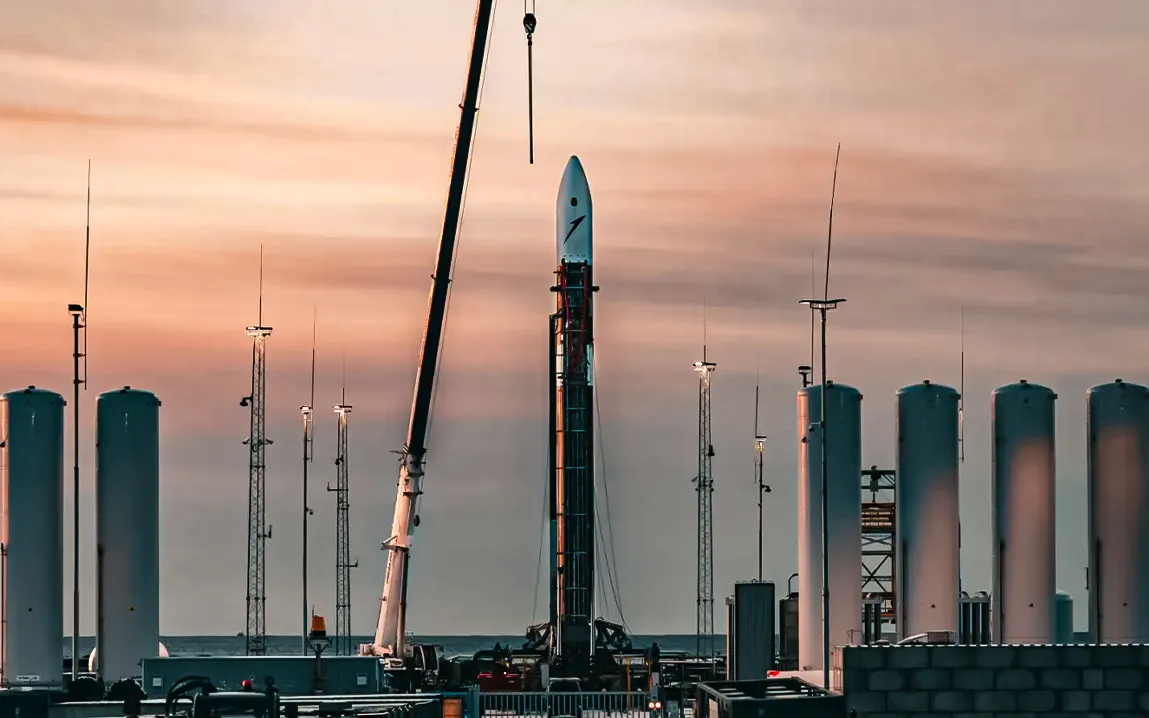In a first-of-its-kind event in the space exploration history of Europe, Isar Aerospace is ready to launch its Spectrum rocket from Norway’s Andøya Spaceport on March 24, 2025. The mission represents the first instance in European history where an orbital rocket will be launched, and it’s a milestone in European efforts to achieve independent access to space.
Isar Aerospace and the Spectrum Rocket
Isar Aerospace, which is a German aerospace firm, has been a leader in Europe’s emerging private space industry. Its lead vehicle, the Spectrum rocket, will carry small to medium-sized satellites into space. With a payload capacity of up to 1,000 kilograms to low Earth orbit, Spectrum seeks to offer flexible and affordable launch opportunities to serve the increasing need for the deployment of satellites.
The imminent launch from Andøya Spaceport is not just a demonstration of Isar Aerospace’s technical capabilities but also a turning point for the space industry in Europe. By gaining independent orbital launch capability, Europe aims to cut dependence on third-party partners and strengthen its presence in the international space market.
Andøya Spaceport: Europe’s Gateway to the Stars
Situated on Andøya Island in northern Norway, Andøya Spaceport has been the center for sub-orbital launches and scientific studies since it was founded in 1962. The growth of the facility into an orbital launch center is a strategic shift to meet the growing need for satellite launches and to make Europe a competitive force in the space sector.
The choice of Andøya Spaceport for this landmark launch reflects Norway’s dedication to the development of space technology and infrastructure. The location of the site provides ideal launch directions for polar and sun-synchronous orbits, making it a perfect fit for a range of satellite missions.
Consequences for Europe’s Space Industry
The successful launch of the Spectrum rocket from European ground has far-reaching consequences for the continent’s space aspirations:
Autonomous Access to Space: Independent launch capabilities by Europe improve its strategic autonomy and minimize reliance on non-European launch suppliers.
Economic Growth: Indigenous launch capacity development is anticipated to drive economic growth, generate employment opportunities, and promote innovation in the European aerospace industry.
Competitive Advantage: With cost-efficient and adaptable launch offerings, European players such as Isar Aerospace have the potential to entice customers from all over the world, making Europe a competitive player in the commercial launch industry.
Looking Ahead
As the march toward March 24 starts, expectations ahead of Europe’s maiden orbital rocket launch are high. A successful flight will not just confirm decades of research and development but will also open doors to a new generation of European space exploration.
With future launches already in the making, Europe’s path to the stars is likely to gain further momentum, introducing possibilities for scientific exploration, technical innovation, and global cooperation.



